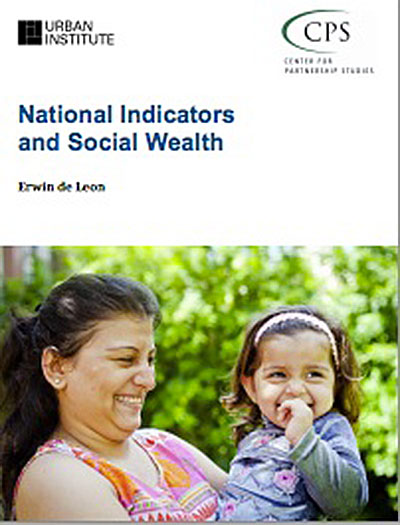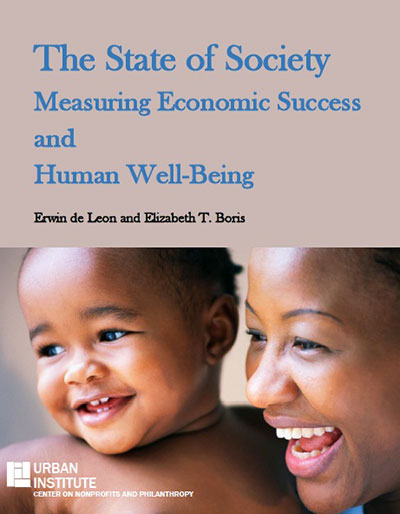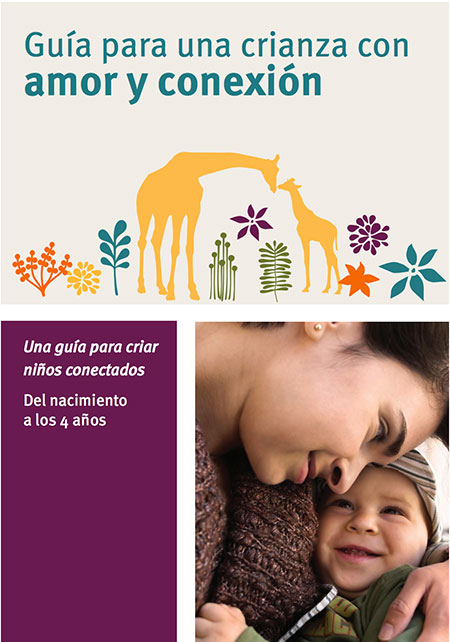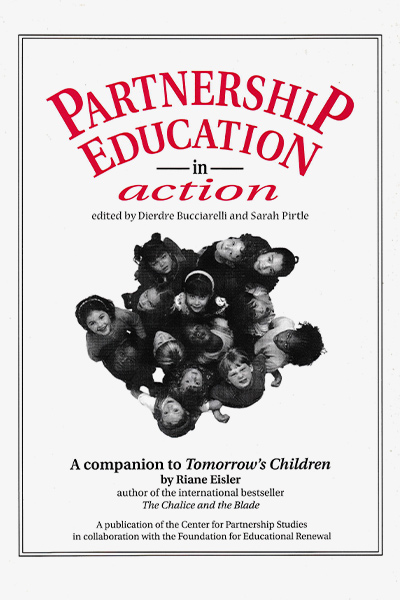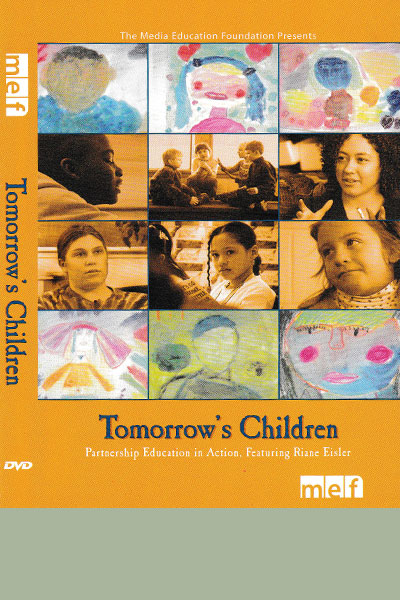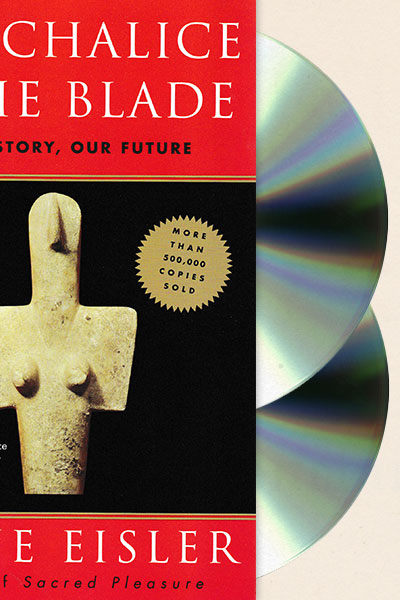Journal

Interdisciplinary Journal of Partnership Studies
A peer-reviewed, online, free-access journal housed at the University of Minnesota. Dedicated to sharing new knowledge and successful applications of the partnership paradigm, IJPS invites contributions by both academicians and practitioners. Its aim is to develop the best solutions and practices by drawing on our collective knowledge across the academic spectrum and diverse applications of partnership principles and cultural transformation.
Books, Reports, Audios, Videos
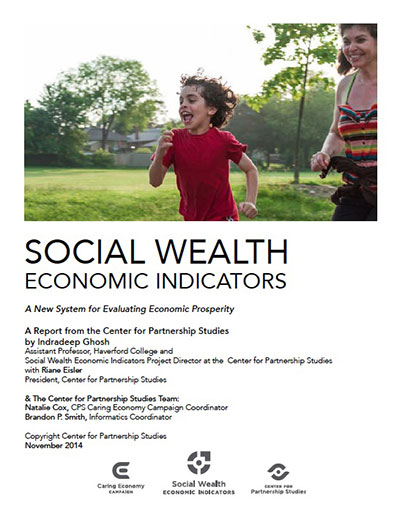
2014 Social Wealth Indicators
A Report from the Center for Partnership Studies by Indradeep Ghosh, Assistant Professor, Haverford College and Social Wealth Economic Indicators Project Director at the Center for Partnership Studies, with Riane Eisler President, Center for Partnership Studies & The Center for Partnership Studies Team. Social Wealth Economic Indicators (SWEIs) show where the U.S. stands and needs to catch up to other developed nations in two domains of indicators: Human Capacity Indicators and Care Investment Indicators. The conventional assumption has been that a strong economy and caring for people and nature are at odds. Social Wealth Economic Indicators demolish that assumption. SWEIs show the benefits of investing in care, and the dismal consequences of devaluing it – not only for women (who still do most of the care work), children, the elderly, families, and the natural environment, but also for economic competitiveness.
Download the Reports:
2012 ? Ubran Institute and CPS, National Indicators and Social Wealth
This report by the Center for Partnership Studies and the Urban Institute summarizes the proceedings of a May Workshop of prominent economists and other experts focusing on two key questions: 1) How can national economic success and human well-being be better assessed? and 2) How can drivers for human capacity development throughout the human life course best be identified?? Participants considered the strengths and weaknesses of existing indicators to measure social wealth, identified missing indicators that need to be developed, and made recommendations for the development and placement of social wealth economic indicators in the proposed U.S. National Key Indicators System as well as within national and satellite accounts at federal agencies (e.g., the U.S. Department of Commerce) and at the state and local levels. National Indicators and Social Wealth recommends ?a coordinated effort that can change the way we think about and measure our economy, providing more realistic tools to navigate a very different social, political and economic reality that existed at the birth of the GDP?.
Download the Report:
2010 ? Ubran Institute and CPS, The State of Society: Measuring Economic Success and Human Well Being
In the Urban Institute’s report commissioned by the Center for Partnership Studies, The State of Society: Measuring Economic Success and Human Well-Being, Erwin de Leon and coauthor Elizabeth T. Boris identify 14 categories of indicators that together provide a more accurate and complete picture of how a society and its economy are faring. The report points to the need for indicators that are more gender-balanced, racially conscious, and take into account the economic value of the work of care. The findings of the report were endorsed by organizations representing 16 million people, and led to the meeting in May 2012 (see 2012 report above) and after that, to the development of Social Wealth Economic Indicators (see 2014 report above).
Download the Report:
Caring and Connected Parenting Guide
TheCaring and Connected Parenting Guide:A Guide to Raising Connected Children, lauded by leading pediatrician T. Berry Brazelton, M.D., and Nobel Peace Laureates Desmond Tutu and Betty Williams, is an indispensable guide for parents. Based on the latest neuroscience research, it contains sections for newborns to 1 year, 1 to 2 years, 2 to 3 years, and 3 to 4 years old. There is also a parents? section and an additional resources section for parents who come from abusive backgrounds. The guide is written by CPS?s Spiritual Alliance to Stop Intimate Violence (SAIV) Executive Committee member Licia Rando, M.Ed.
Click here to download the Spanish version, Gu?a para una crianza con amor y conexi?n. Una gu?a para criar ni?os conectados del nacimiento a los 4 a?os.
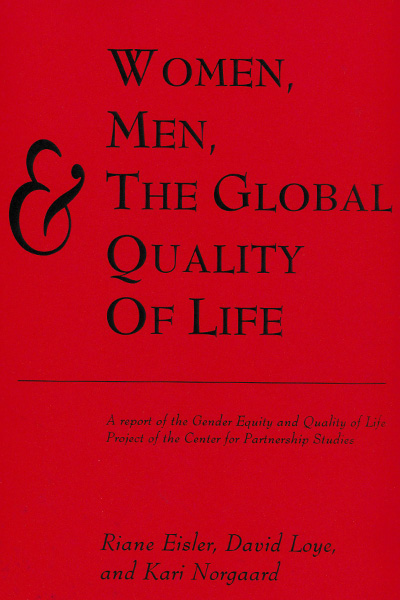
1995 ? Women, Men, and the Global Quality of Life
Originally released at the U.N. Conference on Women held in Beijing, China in 1995, this CPS study of 89 countries dramatically reveals the connection between women’s rights and a better quality of life for both men and women.
Using a variety of statistical analyses, this 123-page work conclusively correlates women’s higher educational levels, political representation, and access to contraception with a society’s overall higher living standards: life span, health care, education, income, and preservation of the environment. This study points to policies needed for a partnership future.
?Makes a clear and convincing case that the status of women is a barometer of the health of a society.?
~ Melissa Schorr, Working Woman
“I stayed up all night reading this book. It is the best thing I have seen on this vitally important subject. It should be read by all policy makers and all women and men who care about our future.”
~ Fran Hosken, Women’s International Network (WIN) News
2004 ? Educating for a Culture of Peace
A tool for meaningful and lasting social change toward a genuine culture of peace. This book fills the need of parents and educators hungry for a message of hope, for a path out of today’s dangerous spiral of violence and regression, for a loving and caring way of teaching that can give our children a safe haven and hope for the future. Its chapters offer teachers, homeschoolers, and other educators inspirational models of classrooms that nurture students and their learning community. Educating for a Culture of Peace, co-edited by Riane Eisler and Ron Miller, with contributions by leading educators as well as Raffi, the famous Children’s Troubadour, shows how values of compassion, caring, respect, and welcoming of human diversity can be modeled and taught.
1998 ? The Partnership Way: New Tools for Living and Learning
New revised edition.
Practical information and experiential exercises based on the ideas in The Chalice and The Blade and Sacred Pleasure. Written by the author in partnership with social psychologist and evolutionary systems theorist David Loye, this illustrated workbook has been used in many workshops and classes, as well as individual readers.
2001 ? Partnership Education in Action: A Companion to Tomorrow?s Children
A treasure house of practical ideas and activities for use in the classroom. Written by two educators, one a primary school teacher and the other an educational consultant at the secondary level, this book offers specific lesson plans and other materials on partnership education.
Tomorrow?s Children DVD
This DVD is based on Riane Eisler?s compelling book, Tomorrow?s Children, which goes beyond conventional debates about educational reform to what today’s and tomorrow’s children need to survive and flourish.
The Chalice and the Blade: Audio CD Set
This CD-set provides new scripts for living based on a more socially, economically, ecologically, personally, and spiritually balanced society rather than on the tension and violence typical of what Eisler calls the dominator way of life. This is the partnership way, which today is struggling to re-emerge.

